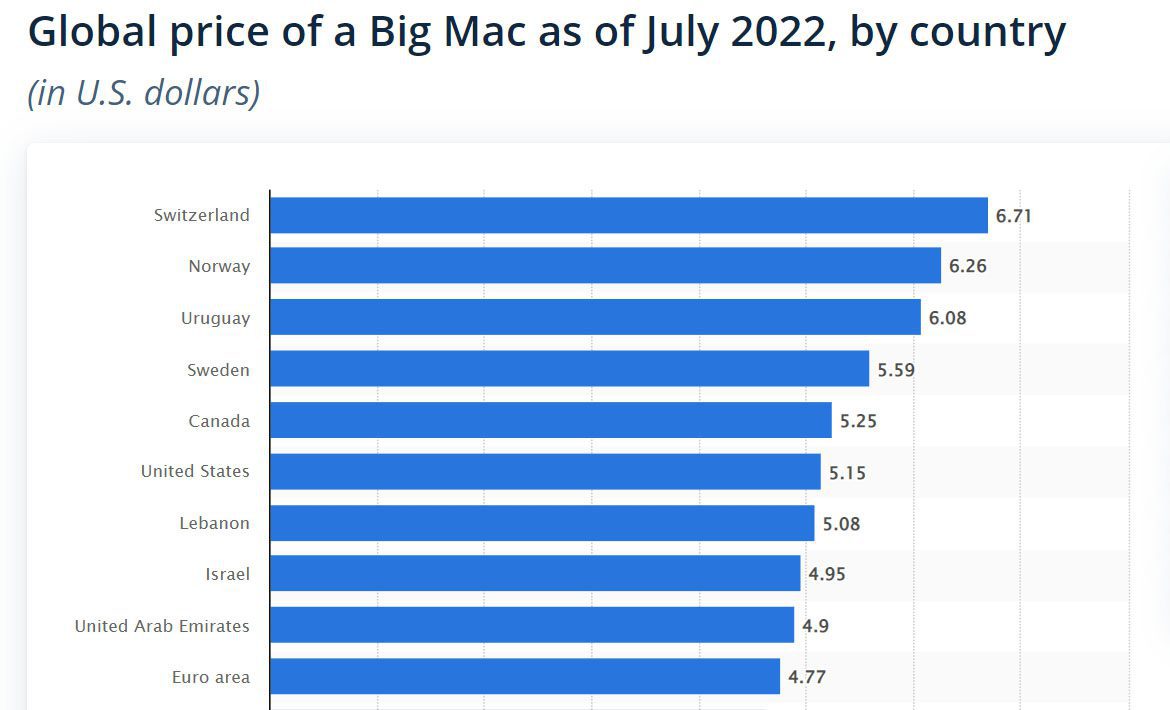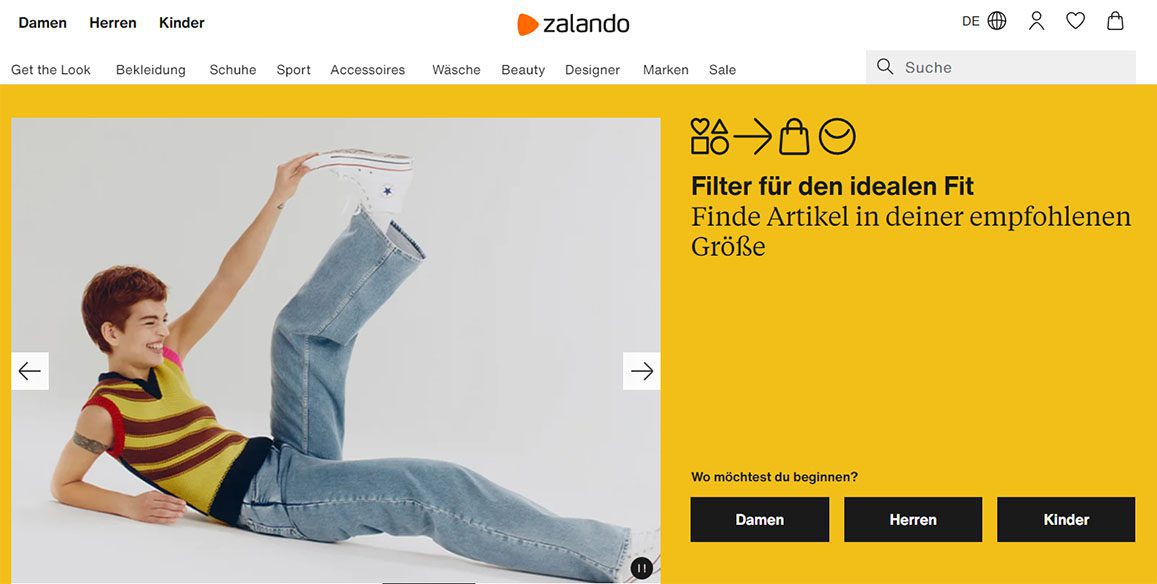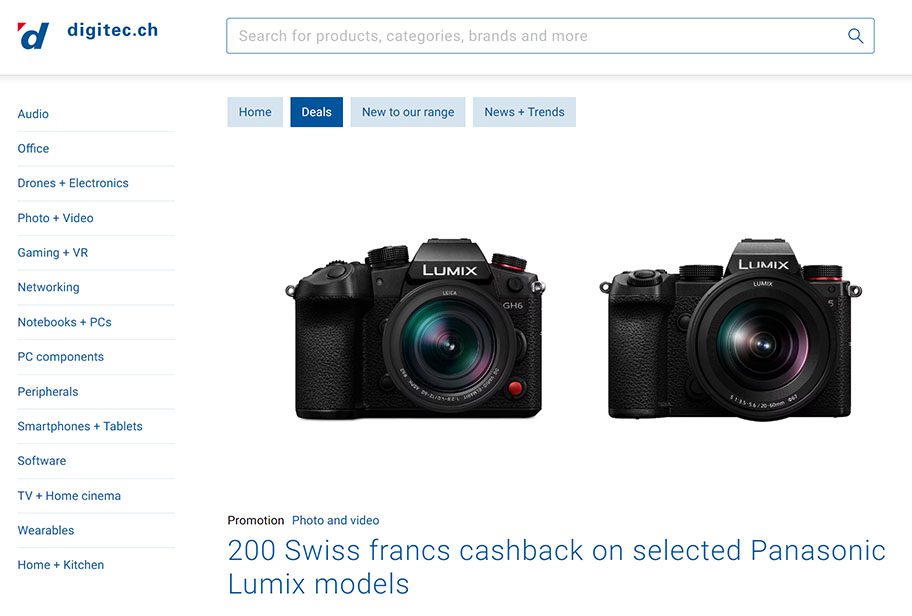An expansion into foreign markets offers every single online store the opportunity to increase the number of orders and stabilise their business. The Slovak market is merely the starting point for ambitious retailers – success awaits beyond borders.
The best have already grasped this opportunity. We are currently helping every other client expand into at least three countries. We routinely cover campaigns in 8 to 12 markets. Our clients usually aim south and east, to Romania or Hungary.
The more daring online stores with fine-tuned internal processes and sufficient financial reserves will not shy away from the developed Western markets. How can you make it big in Switzerland?
Why expand to Switzerland?
Strong purchasing power
The Swiss earn above-average incomes compared to the rest of the world and are the ninth richest country in the world in terms of GDP.
This is evidenced by the well-known Big Mac Index, which assesses the purchasing power of residents in different nations. Most recently, they measured how many hours employees have to work in order to be able to buy an iPhone X.
The Swiss ranked the best globally, requiring an average of 20 hours of work to afford the iPhone X, beating even the Germans, who need twice as much time. The study does not specify how much this type of smartphone cost at the point when the study was conducted, but the purchasing power results are conclusive.

Foreign goods are cheaper
High wages affect overall costs. Producing a product in Switzerland is expensive, and the cost of labour is reflected in high product prices. A product from abroad is often cheaper, even taking into account the additional costs of transport and import.
For example, clothing and personal care products are a third, and sometimes even 100%, more expensive than in Germany.
A well-developed e-commerce sector
Virtually all Swiss people have access to the internet, and 80% of them shop online at least once per month. One in five people will be expecting a parcel from an online store every single week.
Year-on-year, e-commerce grew by 43% from 2018 to 2020 (even taking into account the Covid pandemic). These are further reasons why you shouldn’t delay expansion into new markets.
Geographical proximity to other strong markets
Position your warehouse in Germany, close to the borders with France and Switzerland. From this area, you can supply all three markets at once and optimise transport and storage costs.
What do the Swiss buy from abroad?
The average Swiss may be financially secure, but that doesn’t stop them from looking for cheaper alternatives across the border. Fashion, accessories and footwear are the items that most often end up in shopping baskets. The second most common commodities from abroad are books and music. In joint third place are health and beauty products and the sports and leisure category.

Borders hinder exports to Switzerland
Unfortunately, Switzerland is not a member of the European Union, and at the same time, it legislatively prevents commercial tourism from abroad. The situation is further complicated in situations where your online store sells goods, and the customer sends them back as a return to the European Union after they have cleared customs.
How to get goods into Switzerland?
- Anything you deliver to Switzerland must be declared for import. This process requires two forms:
- In the first form, you register your goods for export customs clearance. This means that the goods leave the European Union and receive a reference number.
The goods then arrive in Switzerland and are subject to import customs clearance, which may be individual or collective.
If the customer doesn’t like their goods and wants to return them, the whole process is conducted again in reverse.
- You need to complete export customs clearance, and you will be reimbursed for import duties for the goods.
- This is followed by import clearance in the EU. The returned goods arrive back in the European Union, and by quoting the reference number they were given when they were exported, you avoid additional import charges.
A total of four forms and as many chances to make a mistake. Complications can be avoided if you choose to partner with a proven service provider. Swiss Post, for example, can take care of the whole process for you. In addition, it has more than 4,500 drop-off points around the country where customers can hand over unwanted goods.
Who pays the import charges?
You must pay charges for all goods costing over 65 Swiss francs, including shipping and import charges. For commodities with a lower VAT rate (e.g. books), you can import goods worth 200 francs at no extra cost.
What happens if you exceed this limit? You have to pay. There are two ways to ensure that the import money goes to the Swiss.
DAP (delivery at place)
You hand over the shipment to the carrier, who delivers the goods directly to the customer and at the same time, performs the customs clearance. Usually, the goods will be taken over by Swiss Post, and the customs fees will be paid by the customer on collection. This method is inconvenient for the customer and usually more expensive, but you can make apply an exception for cheaper products.

DDP (delivery duty paid)
You will deliver the goods and pay for the import at your own expense. Next, the package is again picked up by Swiss Post and delivered directly to the customer, who no longer has to pay any fees. The parcel is delivered to the customer as a domestic shipment by the chosen carrier – more expensive for the online store but extremely convenient for the customer. Therefore, make sure to set the right product prices to reflect your increased shipping costs. But beware! With this type of customs clearance, you are not entitled to an exemption. You pay import duties on all goods regardless of price.
Set up your campaigns
High buying power goes hand in hand with competition, and you should expect higher costs for running an online store. Like everywhere else, online shopping starts with an internet search engine. Make sure you include both Google advertising and PPC campaigns in your marketing.
Sell through online marketplaces
You don’t just have to sell goods through your online store. Use some of the popular online marketplaces (Digitec or Amazon). Almost 40% of all online purchases happen on marketplaces. When appropriate, add price comparison sites to your product strategy. One of the biggest is Toppreise.

What are Swiss customers like?
In 2021, Swiss Post, in cooperation with the Zurich University of Applied Sciences, conducted a large-scale survey among the Swiss focusing on online shopping. The results were based on the responses of more than 11,000 respondents from all four language areas.
Shopping frequency
The Swiss like to shop online and often. More than half make at least one purchase a month, and 23% shop weekly. Before they actually buy, they behave like any other mortal – they enter their query into an internet search engine.
This is how the customer journey starts for almost 80% of the Swiss. In addition to the Internet search engine, one in three Swiss visits the online marketplace Digitec Galaxy before making a purchase.
Why do Swiss customers shop online?
The average Swiss visits an online store mainly for time-saving reasons. He wants to compare prices and products from different retailers. Local customers prefer home delivery and consider the 24-hour availability of online shopping to be the biggest advantage.
Emphasis on seamless payment
Online purchasing facts in Switzerland:
- 90% of Swiss expect a smooth payment process.
- 73% of respondents prefer online stores with free shipping and returns.
- More than 70% of respondents are encouraged to return to a retailer by receiving quality customer service.
The most common reasons why the Swiss won’t buy
Customers in the Swiss market are guaranteed to be put off by poor-quality photographs. That doesn’t just mean beautifully sharp pictures. They want to be able to zoom in on the product detail and enlarge the image.
All responsive functionalities must be met by both mobile, desktop and tablet versions of the online store. Customers like to browse and buy goods on tablets as much as they do on mobile phones.
They will usually abandon the cart if there are unexpected additional shipping or customs clearance costs during the order process. 73% of respondents do not make a purchase simply because of a lack of their preferred payment method.
Popular payment methods in Switzerland
The dominant method of payment is by card or invoice. Half of the Swiss pay by mobile phone, and 30% choose to pay on collection. A favourite among customers is the Twint app, which works like a mobile wallet. It is linked to a credit card or bank account. The developer behind its popularity is Switzerland’s largest bank, Post Finance.

How to export to Switzerland?
The first step of a successful expansion is the analysis of foreign markets. This will identify both the competitiveness and the level of interest in your product. It will also reveal which country is best for you.
If you are considering taking the plunge, do not be afraid. Markets are filling up, and waiting can cost you dearly. Get in touch, and together, we’ll find out if your online store has the potential to go international.







